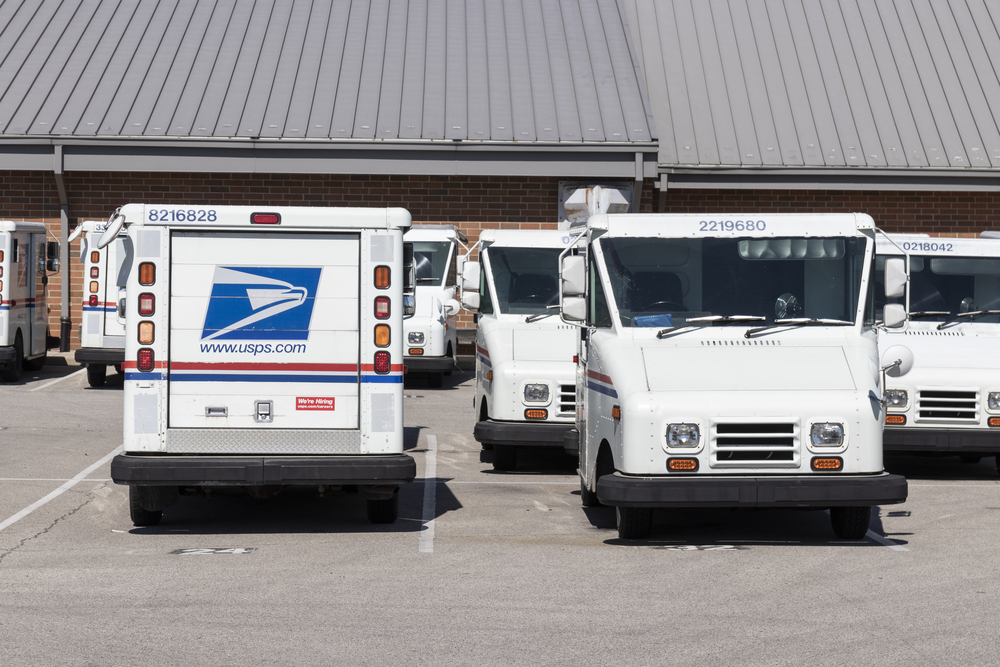

Why Privatizing the Postal Service Is the Wrong Move
It’s old news that the US Postal Service is in a precarious position. As discussed in a recent hearing hosted by the House Committee on Oversight and Reform, we have to find a way to place USPS on solid financial footing. If we don’t, USPS will run out of cash in the next few years. President Trump put together a Postal Task Force to find potential solutions to USPS’ growing money troubles. One of those solutions is privatizing the Postal Service, transforming it into a corporation rather than a semi-federally regulated entity. However, while turning USPS into a private entity may seem like a viable solution on the surface, it will eventually do more harm to the American economy than good.
Why the Postal Task Force Suggested Privatizing the Postal Service
Trump’s Postal Task Force suggested privatizing USPS because it’s simply the most obvious solution to generate revenue. The Task Force argues that privatizing Postal Service would allow the organization to access public debt and equity markets. This would help USPS raise money in order to pay its current liabilities, such as pre-funding future retirees’ benefits. In addition, privatization could allow USPS to set higher rates for mailing and shipping services. Doing so would mitigate the losses USPS suffers from mail delivery (yes…the Postal Service doesn’t really make money from delivering the mail).
The Main Consequences of Privatizing the Postal Service
Although Trump’s Postal Task Force suggests privatization, it hasn’t considered the unintended consequences. For starters, the cost of mailing and shipping would go up. A lot. Those higher costs would not just dig into the pockets of the American public. Higher rates would also hurt all of the small businesses across the country that rely on USPS’ affordability and its universal service obligation.
Individuals and businesses located in rural America would get hit particularly hard from privatizing the Postal Service. This is because the cost of delivering to and from remote locations would undoubtedly skyrocket compared to urban centers. Currently, every American citizen can access the same rates with USPS whether they live in an apartment in New York City or a log cabin in the woods of Wyoming. This equality is fundamental to every single person in America, and it is undoubtedly why eCommerce businesses have been able to thrive no matter where they are located. Privatization would get rid of that ability.
The Taxpayers Would Pay for It
In addition to hitting citizens and small businesses with higher costs, taxpayers would end up paying the price of privatization. As Congressman Steven Lynch of Massachusetts stated, privatizing the Postal Service wouldn’t make USPS’ current obligations just go away. Instead, the financial burden would shift to the everyday taxpayer.
“Privatization, which I firmly oppose, would require the taxpayer in the US to pick up $38 billion in unfunded liabilities for retirees’ benefit costs,” he said. “These costs don’t go away. They just get shifted. Taxpayers would have to pay this $38 billion, and $62 billion in retiree healthcare unfunded liabilities. Basically, it would shift $100 billion in debt over to the taxpayers.”
Pre-Funding Legislation is Still the Biggest Problem
At the end of the day, the argument to privatize the Postal Service isn’t where the real issue lies. The main problem is the pre-funding legislation enacted in 2006. As Postmaster General Megan Brennan noted, pre-funding obligations have accounted for the majority of USPS’ financial woes every year since the legislation was passed.
“The onerous burden to pre-fund retiree health benefits is roughly 80% of [our] net losses in the past decade,” Brennan said during the recent hearing. “If we make our legally mandated payments in 2019, we will be out of cash in 2020.”


Be the first to comment!